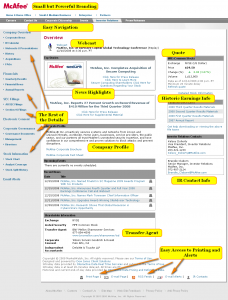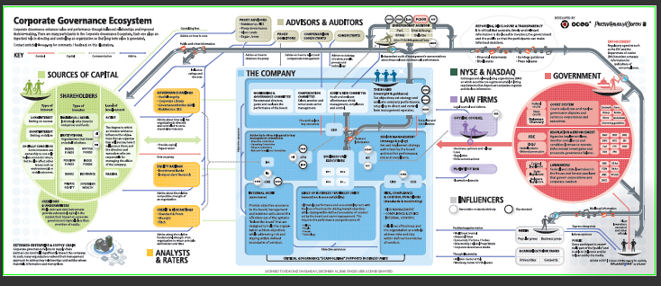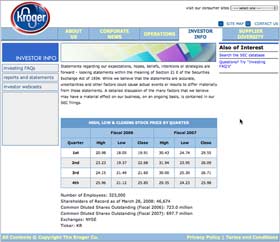In my book, written after the “Enron Era”, I wrote about a Business School-Media-Corporate complex —
This Business School-Media-Corporate complex seems to have engaged in a group think of enormous proportions—professors, consultants, journalists, students and executives all feeding on their own diets of best practices, theories and what defines leadership.
- Business schools taught Ethics as a sideline.
- Many companies have lofty Mission Statements and Operating Practices statements that address ethics, but do little to enforce them.
- Journalists give interviews to glitzy executives who brag about what they are doing to improve profits.
- Executives courted Wall Street analysts who might improve their stock ratings.
Business is at a crossroads. Capitalism is facing a crisis. All of us who believe in business—from CEOs to business-school professors—must recognize that we have contributed to this crisis.
“Memo to: CEOs,” FastCompany, June, 2002″
Once again we have a flood of articles about a Leadership Crisis. There’s Fortune Magazine’s “How the fallout from the financial crisis could breed a new type of corporate leader”. Then there’s BusinessWeek’s “Leadership and the Financial Crisis”. And again there’s the debate about the role of Business Schools.

Enron Era Redux? No, this crisis is much worse. The impact of the Enron era was primarily limited to employees and investors. The current crisis has brought us to the brink of an international economic collapse.
In some of my posts, I have singled out some companies such as Nexen and Rio Tinto as models of ethical practices. Unfortunately for many of us, their model was not replicated in the companies that caused the current crisis.
Perhaps Warren Buffett has the key —
Executive compensation is the acid test of corporate governance. Financial incentives determine what objectives an organization pursues, and they drive the way managers conduct a business.
Boards should add an ethics component to senior management’s compensation package. Components of typical executive compensation include —
- a cash base salary;
- annual (short-term) incentives;
- long-term incentives;
- supplemental retirement; and
- other executive benefit.
Adding an ethics component should not be difficult and would contribute to improved ethical behavior. This will be covered in a future post.
A final insight on effective leadership is offered by Carly Fiorina, former CEO of HP. In a Wall Street Journal Opinion piece she said —
There is no doubt that government will now play a greater role in key industries. While this expanded role is perhaps vital for a time, our Founding Fathers knew that government’s power should be limited. If we are to emerge stronger from our current crises, businesses must restore their credibility and regain the American people’s trust by embracing accountability and transparency.
At no time in human history have we been so unconstrained by our array of capabilities or so challenged by our worst excesses. Never have common sense, good judgment and ethics mattered more.
Indeed.

 Each year,
Each year, 



 A new report from
A new report from